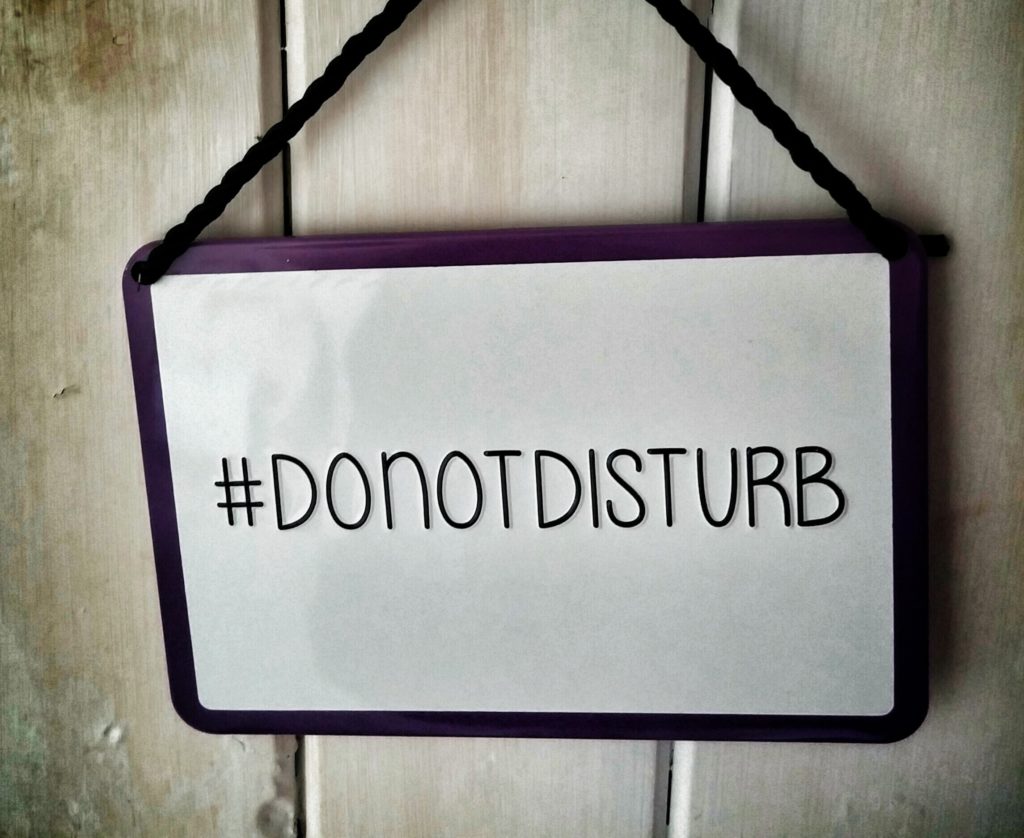
By Yvonne Milosevic
The modern workplace is a minefield of distractions and interruptions. Though how you react when interrupted may depend on many factors. For instance, are you doing deep work and using all your concentration to stay focused on a task? Or are you doing shallow work requiring little mental effort? In the latter case, an unexpected interruption may not bother you too much. Of course, your reaction may also depend on how you feel about the person interrupting you.
But new research shows that interruptions aren’t always a bad thing. According to a recent study, workplace interruptions actually have a net positive effect on employees. Researchers found that such interruptions create feelings of belonging that counteract the oft-cited negatives, such as lost productivity.
“If the past year of social distancing and isolation has shown us anything, it is that humans are social beings who have an inherent need for interacting with others,” says the study’s lead author Harshad Puranik, Ph.D., an assistant professor in the Department of Managerial Studies at the University of Illinois at Chicago.

Whereas previous research has focused only on the adverse, task-based effects of interruptions, this new study took a different tack. “Interruptions at work may have gotten a bad rap due to a failure to consider their human element,” says study co-author Heather C. Vough, an associate professor at George Mason University School of Business.
“We find that interruptions can actually benefit individuals from an interpersonal perspective — people feel like they belong when others come and talk to them or ask them questions, even while being distracted from their tasks,” Vough explains.
5 Ways to Get Better at Interruptions
Now that we know there’s an upside to interruptions, we’ve got tips for doing so in the best way possible. After all, there’s an art to interrupting someone’s workday without annoying them, as management professor Elana Feldman recently explained in Harvard Business Review. Here are her suggestions.

Assess how critical the ask is.
“Before interrupting someone, consider whether what you want them to do is likely to be a priority for them,” Feldman advises. She adds that people welcome disruptions if the new task seems more important than what they were already working on.
Don’t pile on.
Do you know that the person you’re about to interrupt is already super stressed? Then rethink your timing or your target. “If you know they are slammed, consider interrupting someone else instead,” Feldman says, “or waiting until the person has less on their plate.”
Interrupt the right person.
“Before you knock on someone’s door, ask yourself: Is this the right person to take on this new task?” Feldman suggests. “Your interruption is much more likely to be well-received if you put in the work up front to determine the best person to ask.”
Pay attention to busyness cues.
Social awareness is a hallmark of emotional intelligence. When deciding whether to interrupt, Feldman suggests we pay attention to the signals the person is sending. Is their door closed or open? Is this hour blocked off on their calendar? “Interruptions are experienced more positively if they occur at what feels like the ‘right’ time,” she notes.

Provide a heads-up.
Whenever possible, let the person know you’ll need to interrupt them in the future about something you’re working on. “For instance, if you plan to ask a coworker for feedback on a website design once you finish it, you can let them know that you’ll be in touch within the next week,” Feldman says. “This helps your colleague mentally plan for the interruption and make time for the task, even if the exact timing is still unknown.”
So, the next time you’re worried about wasting a colleague’s time, get ready to reframe your thinking. Instead, try to view the interruption as a potentially positive social interaction. If you follow these guidelines and remember to thank the person for their time, you can bet that the intrusion will make them feel valued and connected—a positive outcome for all.


